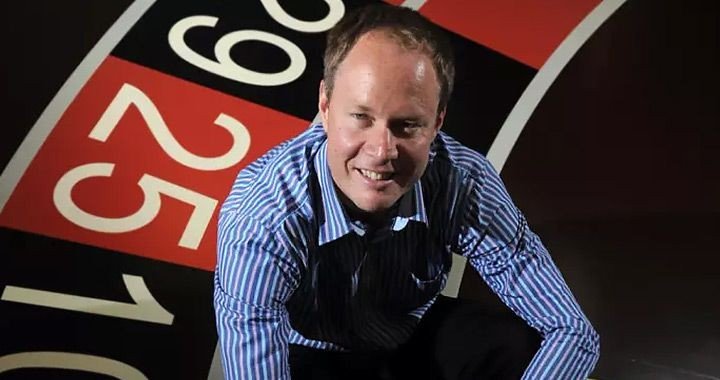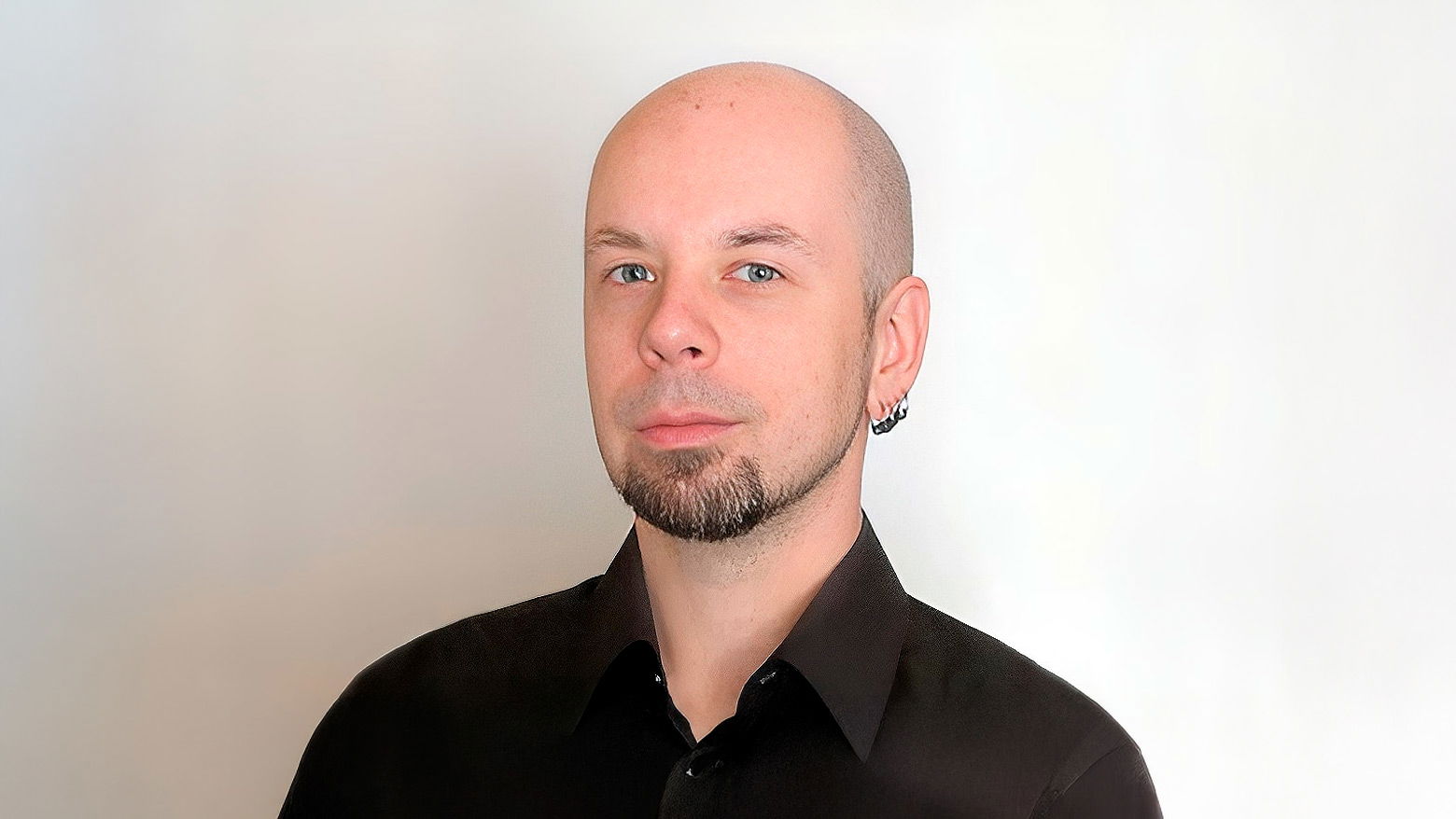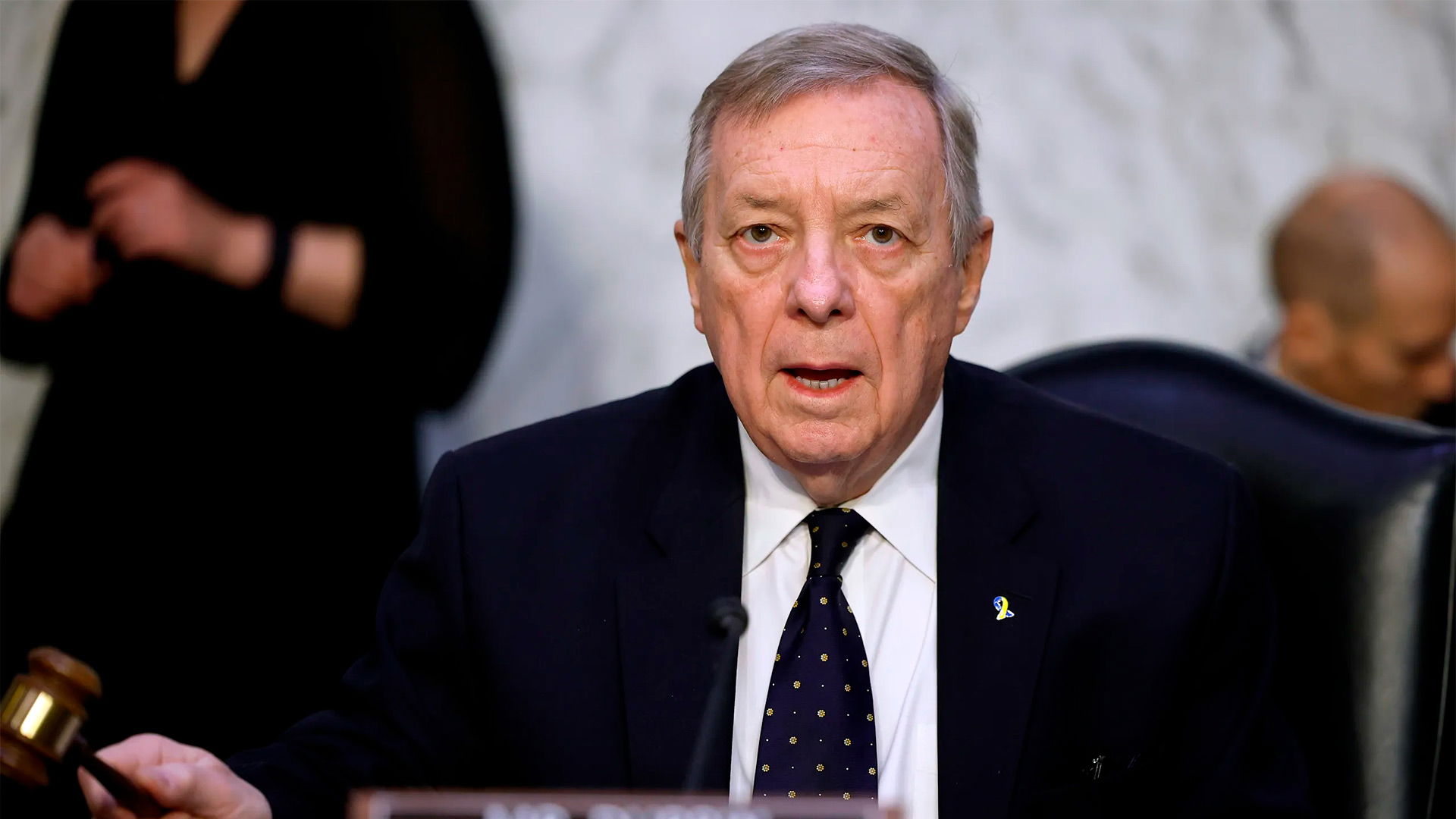"UK gambling industry should consider funding a national network of treatment centres"

The UK Gambling Commission estimates about 400,000 adults in Great Britain have a gambling problem. Sky Bet has been at the center of the growth of the online betting industry and the company last year was valued at more than £3 billion.
In an interview with BBC, reflecting on his time at the company before he leaves his role next month, Richard Flint, executive chairman of Sky Bet, said: "In the past, the industry has perhaps encouraged people to spend beyond their means."
In 2018 Sky Bet had to pay a £1m fine for "failing to protect vulnerable customers". Flint acknowledged there had been failings. He said: "The industry hasn't done enough to look after problem gamblers. We need to do more to self-regulate, and if we don't do more there will be more regulation forced upon us."
Figures from the UK Gambling Commission, the body that regulates the industry, suggest the number of adults taking part in online betting each month has nearly doubled, from 1.7 million adults in 2016, to 3.2 million in 2019.
Gambling and betting companies already contribute funding towards the charity Gamble Aware and the industry has recently provided funding for GamStop, a program designed to allow customers to ban themselves from online betting platforms.
In April, UKGC launched its three-year National Strategy to Reduce Gambling Harms. Earlier this month, a paper in the British Medical Journal recommended a mandatory tax be introduced on the gambling industry, which could be used to fund gambling treatment centres. The NHS has one dedicated gambling addiction treatment centre in London, with a second centre due to open this summer in Leeds, where Sky Bet is based.
Flint said the gambling industry itself should now consider funding a national network of treatment centres, without the introduction of a statutory tax. "I've been to a gambling addiction treatment centre and seen the devastation that gambling addiction has caused people and their families," he said.
"Leeds is opening a treatment centre this summer which is a great step forward, but I do think we need a bigger network of treatment centres going forward," he concluded.

















































